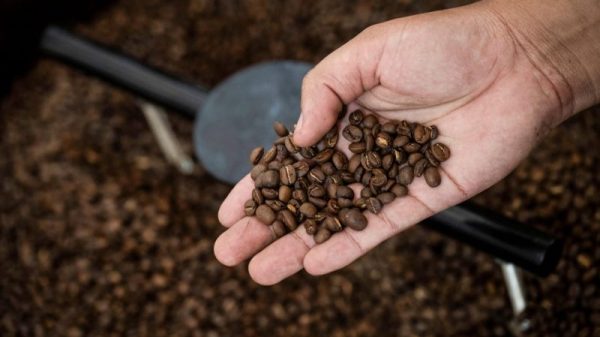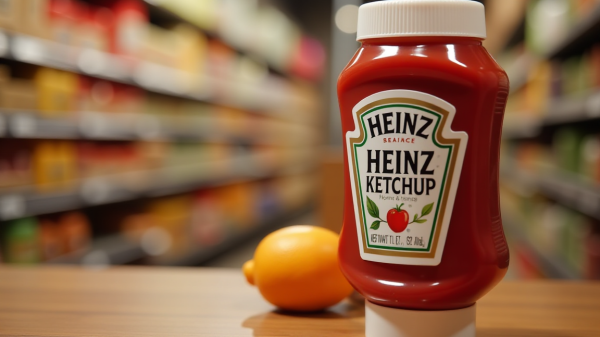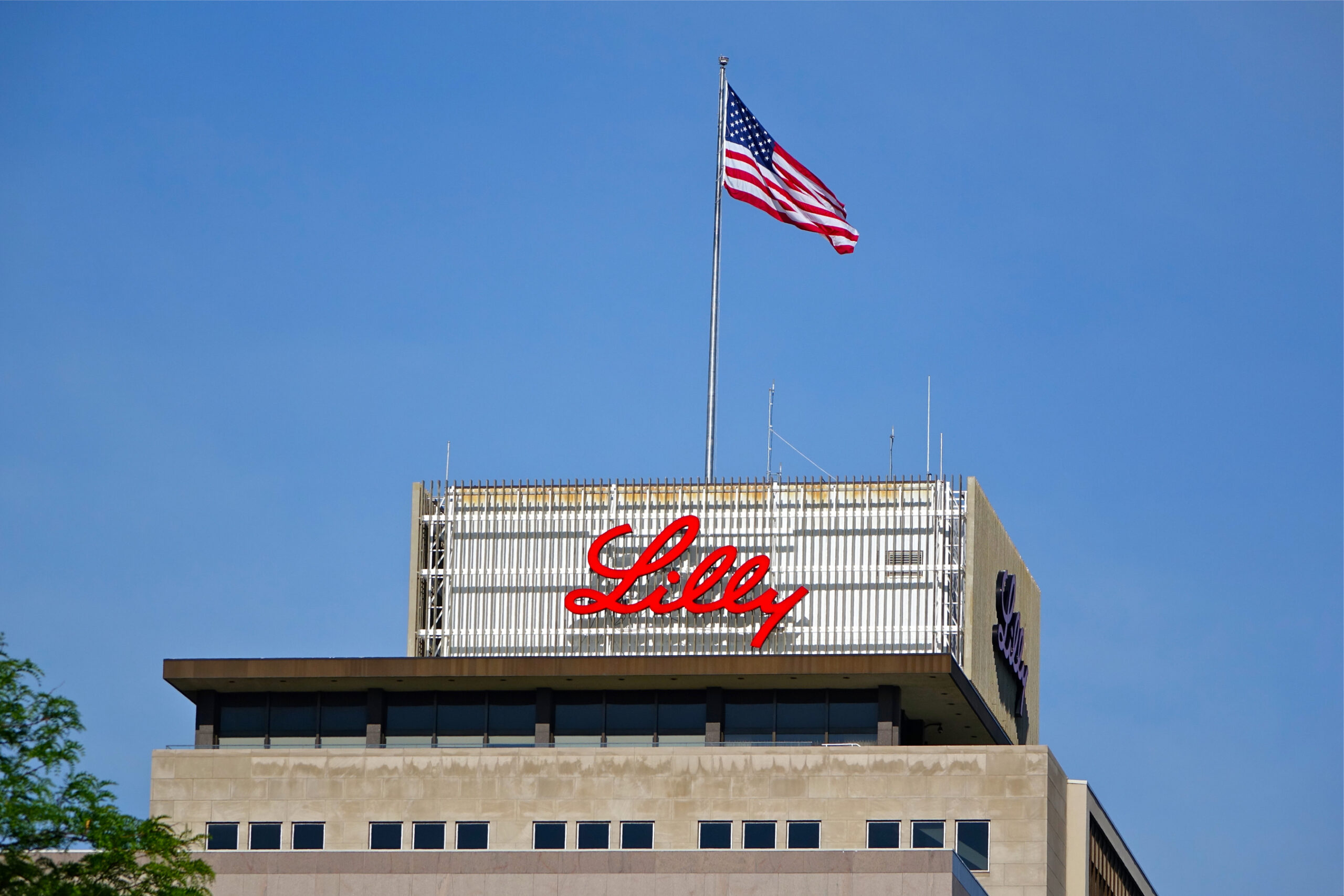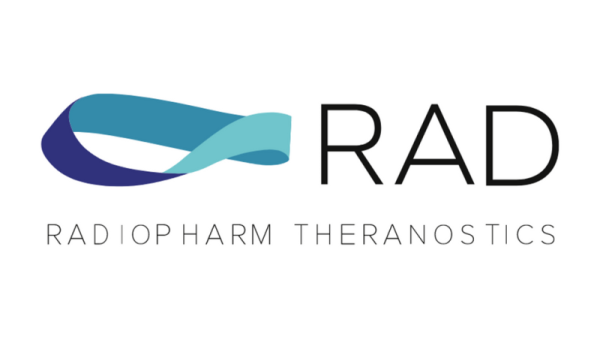Eli Lilly’s experimental obesity pill, orforglipron, met its main goals in a closely watched late-stage trial, boosting the company’s standing in the fast-growing market for weight loss and diabetes treatments.
The results, announced Thursday, show the pill could offer a compelling, needle-free alternative to popular injections, potentially reshaping how millions of people manage chronic conditions.
Shares of Eli Lilly rose as much as 11% in premarket trading on Thursday as investors welcomed the results, which put the company a step ahead of rivals such as Novo Nordisk in developing an oral version of the lucrative GLP-1 class of drugs.
The US pharmaceutical giant reported that orforglipron helped patients with Type 2 diabetes achieve both weight loss and improved blood sugar control.
The trial, one of seven late-stage studies underway, also found the pill’s side effect profile to be largely manageable and in line with what is observed in injectable drugs already on the market.
A promising alternative to injections
At its highest dose, orforglipron led to an average weight loss of 7.9% — roughly 16 pounds — over 40 weeks.
Notably, patients had not plateaued in their weight loss by the end of the study, suggesting that longer treatment may yield further results.
This development is significant for patients seeking a more convenient alternative to injectables like Wegovy and Ozempic.
Pills are easier to manufacture and distribute at scale, which could help alleviate the persistent supply shortages that have plagued the market for injectable GLP-1 drugs.
CEO David Ricks emphasized the potential impact in a company statement:
We are pleased to see that our latest incretin medicine meets our expectations for safety and tolerability, glucose control, and weight loss. We look forward to additional data readouts later this year.”
Safety is in line with expectations
Side effects were mostly mild to moderate, with gastrointestinal symptoms such as nausea, vomiting, and diarrhea reported.
Around 8% of patients on the highest dose discontinued treatment due to side effects, which analysts say is within an acceptable range.
In comparison, injectable versions of the drug class tend to have similar or slightly lower discontinuation rates, though they are administered weekly rather than daily.
Analysts had expected discontinuation rates around 9%, indicating that the results came in close to forecast.
TD Cowen and other investment firms had anticipated that side effects could be marginally worse with a daily oral pill.
Mixed results on diabetes metric
Despite positive signs, orforglipron fell short of some analyst expectations when it came to lowering hemoglobin A1c, a key diabetes marker.
The pill reduced blood sugar levels by 1.3% to 1.6% across doses after 40 weeks, from a starting level of 8%.
This compares with reductions as high as 2.1% seen in some patients using Novo Nordisk’s injection Ozempic.
The result remains clinically meaningful, but the gap could influence prescribing patterns if physicians view injections as more effective for glucose control.
Still, the pill’s ease of use may be enough to offset that in patients prioritizing convenience.
Looking ahead to regulatory filings
Eli Lilly plans to file for regulatory approval for orforglipron in obesity by the end of 2025, with a diabetes filing expected in 2026.
The company is currently conducting five trials in diabetes and two in obesity, with more data expected later this year.
The pill is not a peptide-based drug, meaning it is absorbed more easily by the body and doesn’t require food restrictions, unlike Novo Nordisk’s diabetes pill Rybelsus.
This could make it more appealing to a broader patient population.
Analysts forecast the GLP-1 market could exceed $150 billion annually by the early 2030s, with oral drugs accounting for up to $50 billion.
Eli Lilly, already a leader with injectable drugs like Mounjaro, may solidify its dominance if orforglipron gains approval.
With its lead over competitors including AstraZeneca, Roche, Structure Therapeutics, and Viking Therapeutics, Eli Lilly is positioning itself to be the first to offer a widely available oral GLP-1 therapy — and reshape the landscape of chronic disease management.
The post Eli Lilly stock surges 11% on obesity pill’s success in first late-stage trial appeared first on Invezz





























